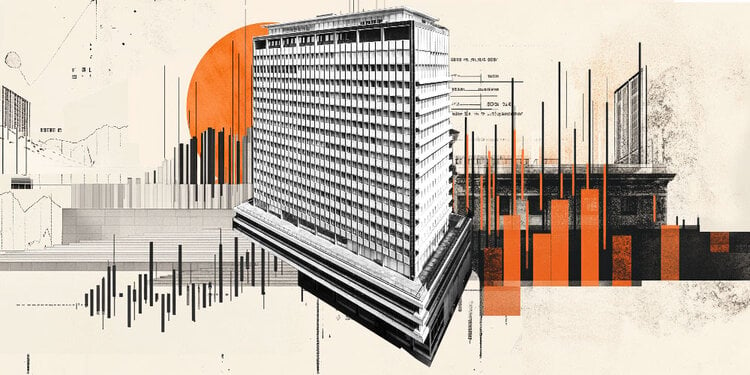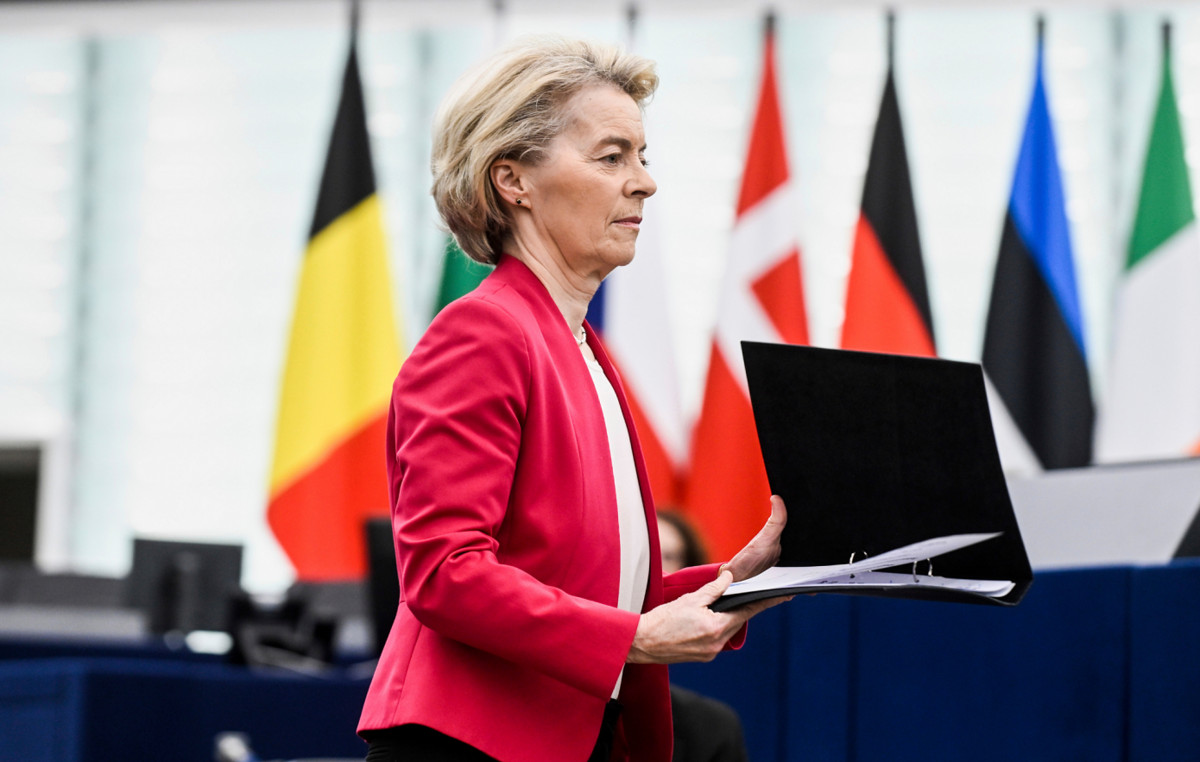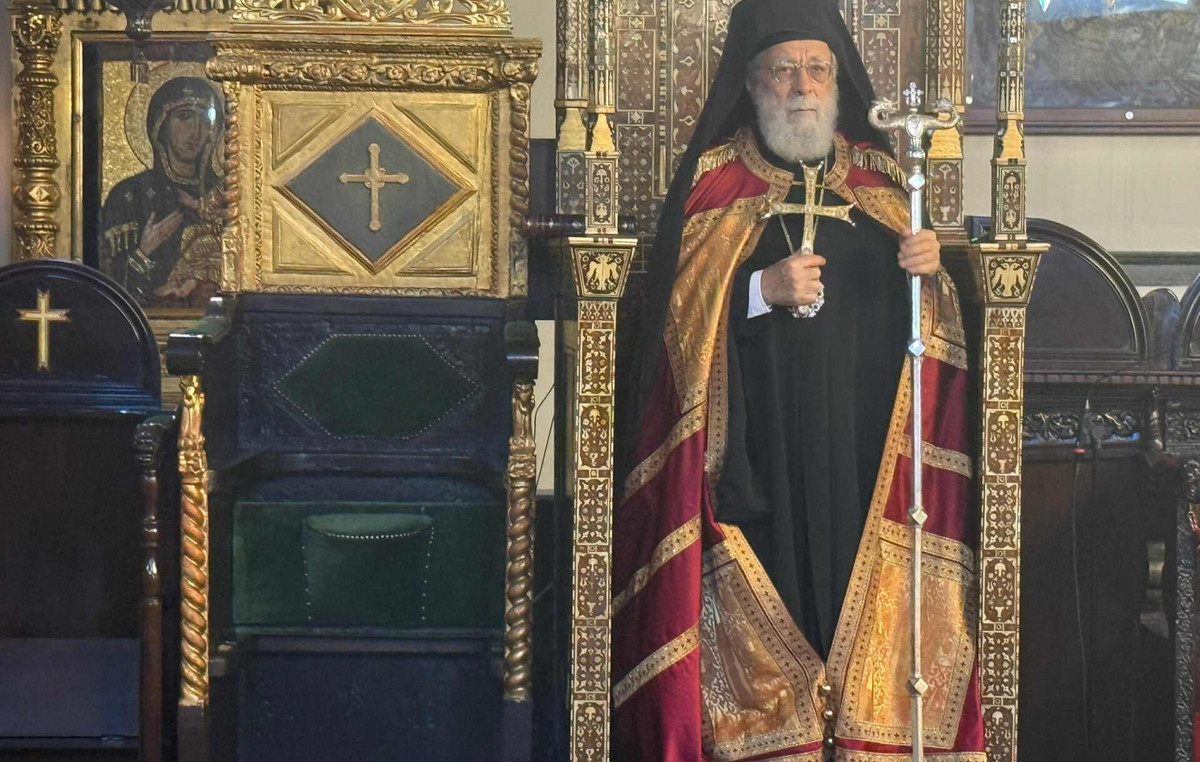The strike by subway workers, railway workers and Sabesp employees began at midnight this Tuesday (3). The strike is expected to last 24 hours.
Due to the stoppage, vehicle rotation was suspended by the City of São Paulo, which also ordered the entire bus fleet to be running throughout the day, and expanded the itinerary or reinforced the fleets of some municipal bus lines.
Without giving details, the São Paulo government announced that it will take “contingency measures to minimize as much as possible the impact on rail transport and water supply and sewage treatment services in the capital”.
Which lines are affected by the strike?
- Line 1-Blue (Metro)
- Line 2-Green (Metro)
- Line 3-Red (Metro)
- Line 15-Silver (Metro)
- Line 7-Rubi (CPTM)
- Line 10-Turquoise (CPTM)
- Line 11-Coral (CPTM)
- Line 12-Sapphire (CPTM)
- Line 13-Jade (CPTM)
The lines operated by the private sector will operate normally: 8-Diamond (train) , 9-Emerald (train) and 5 – Rubi (subway), managed by ViaMobilidade, and the line 4-Yellow (subway) from ViaQuatro.
Why did unions decide to strike?
Unions protest against concessions, outsourcing and privatization of Metrô, CPTM and Sabesp.
A CNN, the governor of São Paulo, Tarcísio de Freitas (Republicans), said that “privatization was decided at the polls”.
For the São Paulo government, the strike is illegal because it was not called to demand salary or labor issues, “but, rather, for the unions to act, in a totally irresponsible and undemocratic way, to oppose a government agenda that was defended and legitimately supported at the polls.”
VIDEO – Privatization was decided at the polls, says Tarcísio
Release of turnstiles prohibited
A decision by the Regional Labor Court (TRT) of the 2nd Region determined the maintenance of transport services at 100% during peak hours and 80% during other periods, in addition to 85% of the Sabesp contingent, under penalty of daily fines of up to half a million reais to unions.
The courts also banned the release of turnstiles, which had been proposed by the strikers, “due to the high risks of riots and possible accidents at the stations”.
Optional point in public services
The governor of São Paulo, Tarcísio de Freitas (Republicans), released an optional point in public offices this Tuesday. The objective, according to the government, is “to reduce losses to the population, ensuring the rescheduling of appointments, exams and other services that were scheduled for the date of the strike”.
Operations are maintained for schools and daycare centers, health units, urban security services, social assistance, funeral services and other units “whose activities cannot be discontinued”.
Public security services will not be affected, as will restaurants and mobile stations in Bom Prato, which will continue to normally offer the meals scheduled for Tuesday.
Appointments at Specialty Medical Outpatient Clinics (AMEs) in the capital and in other state health units will be guaranteed to be rescheduled, as well as at Poupatempo stations. Classes and tests in the state education network will also be reset and rescheduled.
*Published by Fernanda Pinotti
VIDEO – Court decision banning strike on São Paulo Metro calls movement “political”
Source: CNN Brasil
I’m James Harper, a highly experienced and accomplished news writer for World Stock Market. I have been writing in the Politics section of the website for over five years, providing readers with up-to-date and insightful information about current events in politics. My work is widely read and respected by many industry professionals as well as laymen.







